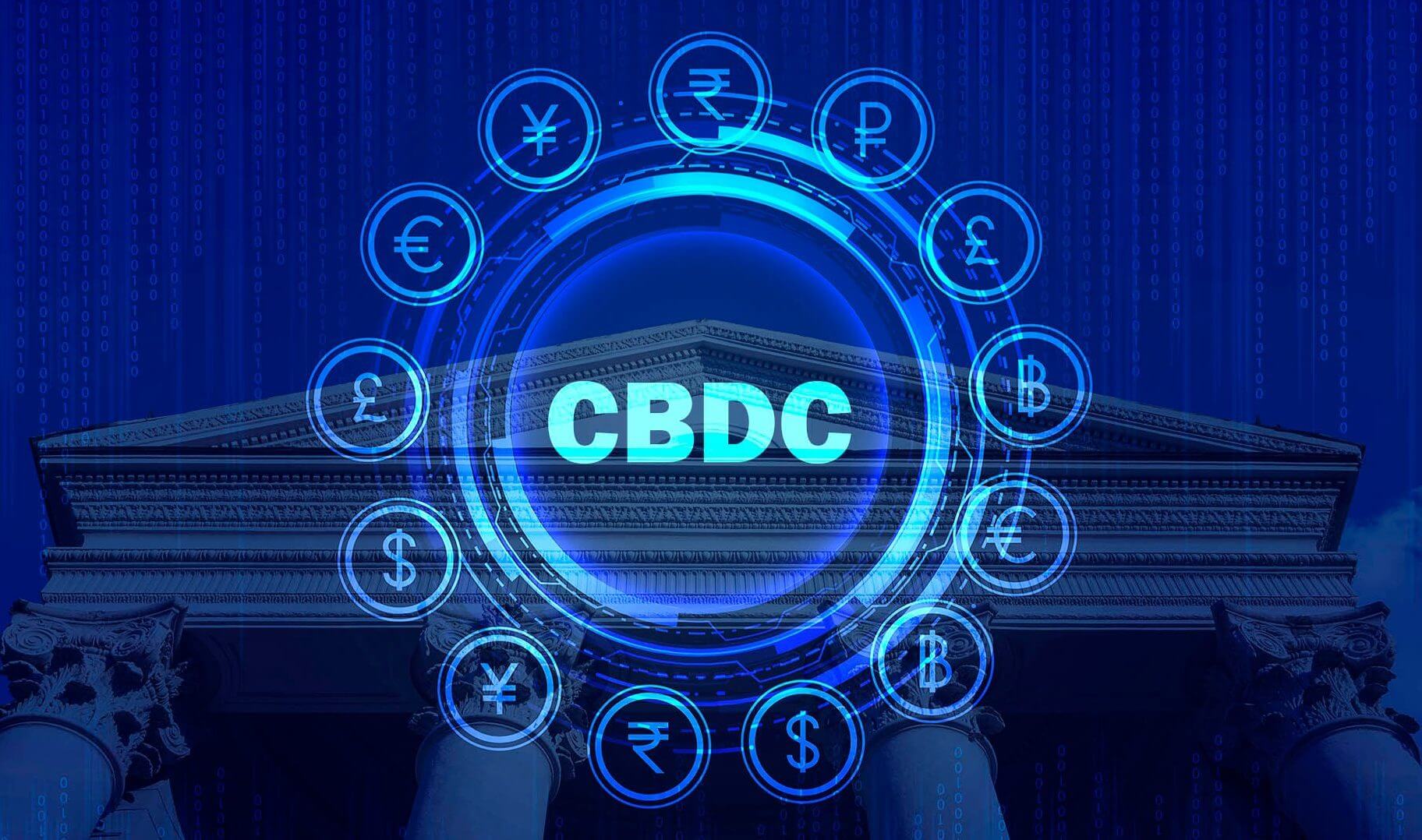In a ground-breaking move that promises to reshape the financial landscape, Israel and Hong Kong’s central banks, in conjunction with the Bank for International Settlements, recently unveiled the findings of Project Sela.
This innovative venture sought to create a unique central bank digital currency (CBDC) for retail consumers, embodying the best of both cash and digital functionalities.
An Ambitious Fusion of Traditional and Modern Banking
Drawing upon the rich expertise of central banks, Project Sela ventured into uncharted territory. Their objective was to mold a CBDC by weaving together pre-established criteria from varied domains: policy, security, technology, and law. The project isn’t just a theoretical whitepaper; it stands as a tangible proof-of-concept.
A powerhouse team of private entities collaborated on this project. Fintech stalwarts FIS and M10 Networks delivered the primary products, while Clifford Chance handled legal intricacies. Check Point Software Technologies fortified the endeavor with top-notch cyber security measures.
At the core of the Sela ecosystem, the CBDC’s ledger remains under the guardianship of the issuing central bank. These ledgers house pseudo-anonymous end-user accounts, ensuring a blend of privacy and traceability.
With an advanced real-time gross settlement (RTGS) system at its disposal, the central bank facilitates instantaneous transactions, bridging the physical and digital banking worlds.
Shaping the Future: How the Sela Ecosystem Operates
Central to the Sela framework, funding institutions are the nerve centers managing user accounts, streamlining the conversion process of the CBDC to tangible bank deposits or cash, and vice versa. A new entity, termed an access enabler, has been introduced.
Acting as a bridge between end-users and the banking system, these access enablers shoulder significant responsibilities like compliance to ‘Know Your Customer’ norms, transaction routing, and endorsing transactions.
However, the ultimate control remains with the end-users, who have the reins to their electronic wallets via encrypted keys.
What sets this ecosystem apart is its inclusive nature. By democratizing access to private financial institutions, the Sela ecosystem paves the way for heightened competition, invariably ushering in improved access for end-users.
It’s worth noting the deliberate move to exclude tasks like account creation, record management, or fund control from the access enabler’s mandate.
By doing so, a considerable weight of regulatory scrutiny gets lifted off their shoulders. This fosters an environment where a broader spectrum of entities, ranging from SMEs and community centers to tech firms and charity organizations, can effortlessly participate in the CBDC landscape.
Furthermore, in this landscape, the conventional definition of financial institutions remains unaltered, encompassing banks, credit unions, and their ilk.
Interestingly, Project Sela has decoupled the necessity of being an account holder from utilizing institutions to transact CBDCs. Central banks are at the helm of settlements, empowering users to maintain undiluted control over their finances throughout their CBDC journey.
The road to CBDC perfection isn’t without its potholes. RTGS systems, despite their efficiency, present a significant bottleneck. Their limited operational hours and unsuitability for handling a myriad of small transactions pose critical challenges. The report hints at exploring potential technical interventions to navigate these hurdles.
In closing, the audacity of Project Sela’s endeavor cannot be understated. While the findings present a promising vista for the future of CBDCs, only time will determine how seamlessly these blueprints translate into real-world banking revolutions. Let’s just hope the financial world is ready for what’s coming.





